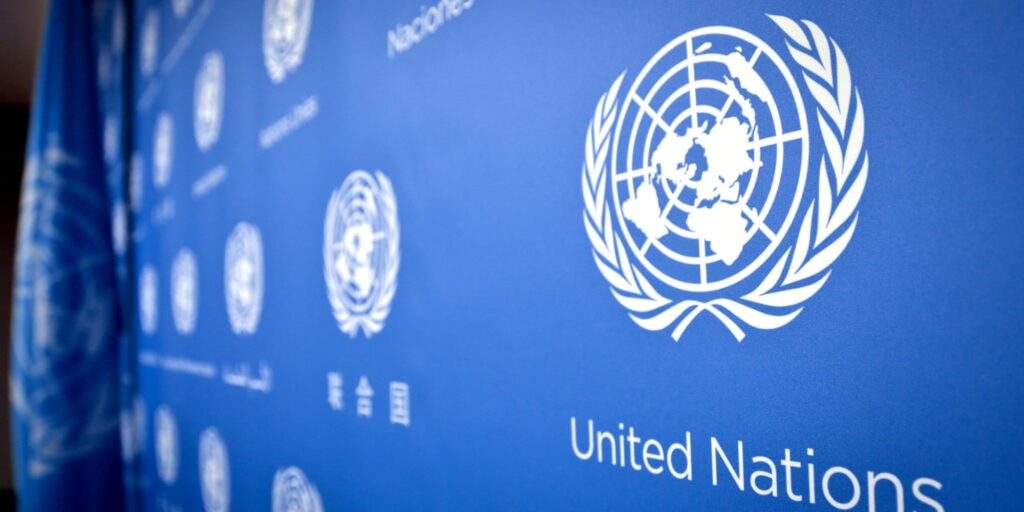The United Nations (UN), the Federal Government, and the Nigeria Bureau of Statistics (NBS) have reiterated the crucial role of data visualization in driving decision-making processes. This was emphasized at the official launch of the “Nigeria Visualised Project” in Abuja on Monday night, a program spearheaded by the United Nations Development Programme (UNDP), the Federal Ministry of Budget and Economic Planning, and the NBS.
Addressing attendees at the launch, Mr. Mathias Schmale, the UN Resident and Humanitarian Coordinator, underscored the project’s significance in fully implementing government policies and programs in Nigeria. Represented by the Development Coordination Officer/Economist of UN, Nonso Obikili, Schmale stated, “To meet the UN 2030 agenda for sustainable development requires that we continue to track key indicators of progress that we need around the world, where we have fallen and need acceleration. The UN, through the instrument of the SDG framework, is committed to supporting government in reporting trajectory on SDGs.”
Highlighting the tendency for data to be disregarded, Schmale stressed the importance of the project, stating, “Too often data gets lost on the shelves and on countless bases that is why this platform is important, to put human face and help relate with data.”
In a similar vein, Senator Abubakar Bagudu, the Minister of Budget and Economic Planning, expressed optimism about the project’s potential in providing more accessible information to Nigerians. He emphasized, “Sometimes, we present them in a way people know, with different opportunities and development challenges and sometimes mutual suspicion. Visualisation can give you a full view about your country or developmental challenges, cultural opportunities in the landscape.” He further added, “When we are dealing with issues, particularly climate change, many people cannot relate to the challenges of others because they do not know. This project will be an important tool for knowing Nigeria better both by Nigerians and non-Nigerians.”
Dr. Jamila Ibrahim, the Minister of Youth Development, commended UNDP and NBS for their dedication to harnessing data and advancing visualization techniques, noting that the project, with more than 40 visualizations, would transform the space, provide essential data, and change the prevailing narrative. She added, “The Nigeria visualized web platform is a beacon of progress offering rich visual stories about our nation and its diverse population. The area of focus being geography, climate, economy, demography, among other things, underscores commitment to tackle socioeconomic, culture, and ecological dynamics. The objective of democratizing access to data aligns seamlessly with our shared vision for informed decision-making and sustainable progress.”
In his contribution, Mr. Semiu Adeniran, the Statistician-General/CEO of NBS, described the collaboration with UNDP and the ministry as a pivotal moment in collective data gathering. He emphasized, “It resonates our present drive to enhance data reporting and visualization capacity for better understanding and assimilation of data among our users.”
Notably, the UNDP Resident Representative, Mr. Mohamed Yahya, articulated that the initiative aimed to enhance the understanding of data visualization, stating, “Having data visualized in an accessible manner allows everybody to understand what they are seeing and to make decisions based on them.”
